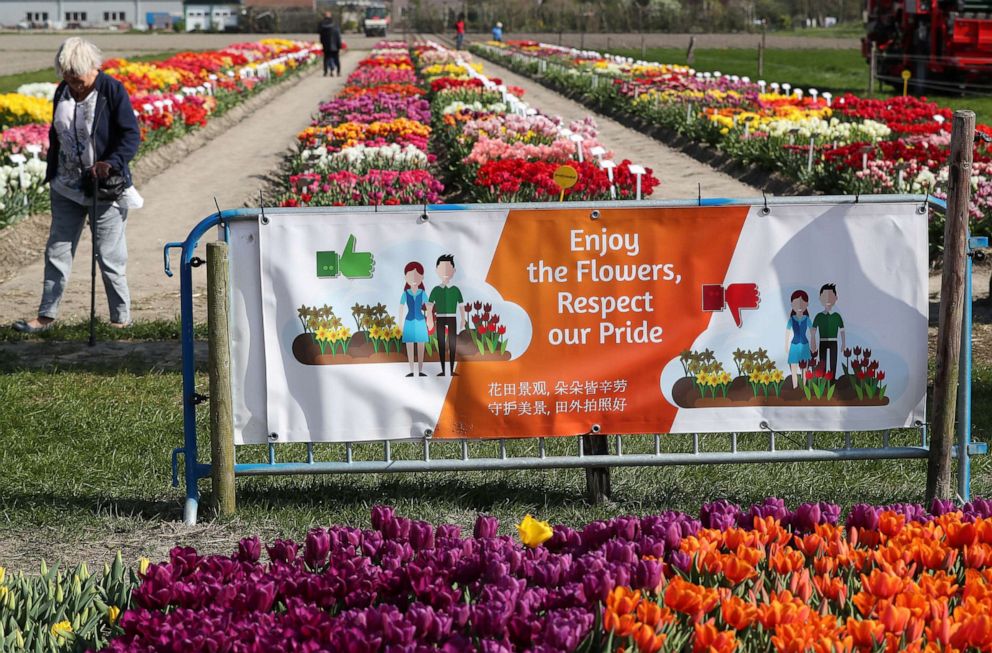Dutch tourism board announces plans to adjust flow of foreign visitors
The move comes as tourist numbers look set to rise by 50% over the next decade.
LONDON -- A new policy document issued by the Netherlands tourism board outlines plans to curb foreign visitors to the country, as new research suggests tourist numbers may increase by 50% over the next decade.
The Netherlands Tourist Board (NBTC) is planning to move away from promoting tourism overall and, instead, to encourage visitors to go to less well-known parts of the country.
The policy shift is based on estimates that the number of annual visitors may increase from 17 million recorded in 2017 to 29 million in 2030, according to the document, with a less "conservative" estimate suggesting it could go up to 42 million in 2030.
Particularly in cities and iconic locations, excessive pressure may impact livability, whereas other places in Holland still benefit insufficiently from the opportunities and economic impulse that tourism may provide.
"More is not always better," the document says, as the tourism board seeks to pressure the government to make the issue a priority for the country, which has a population of just over 17 million.
Jos Vranken, the Managing Director of NBTC Holland Marketing, said the new policy initiative will represent "the start of a dialog[ue] on tourism."
"Together, we will initiate a shift towards action to the benefit of the country in which we live, work, and enjoy leisure time, in which guests feel welcome and are happy to visit, and in which businesses can flourish," he said in a statement. "In other words, a country from which we all benefit."

"Particularly in cities and iconic locations, excessive pressure may impact livability, whereas other places in Holland still benefit insufficiently from the opportunities and economic impulse that tourism may provide," the NBTC report says.
"To control visitor flow and leverage the opportunities that tourism brings with it, we must act now. Instead of destination promotion, it is now time for destination management," it continued.
The document also calls for better environmental controls to safeguard locals' interests with regards to CO2 emissions, pollution and waste.
In April, local tulip growers were forced to erect barriers and signs discouraging tourists from taking selfies, as the flowers were being trampled, according to The Guardian.
The move means the Netherlands is set to follow the lead of popular tourist destinations such as Rome, Venice and Florence, all of which introduced measures to combat over-tourism in recent years.




